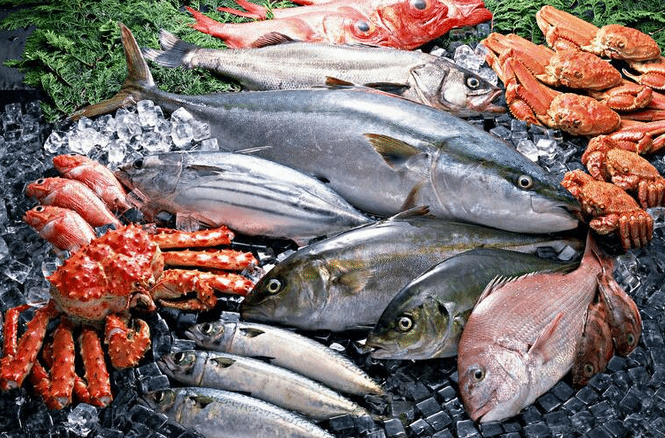
 CONTACT
CONTACT
- Linkman:Linda Yao
- Tel: +8618231198596
- Email:linda.yao@dcpharma.cn
- Linkman:CHARLES.WANG
- Department:Overseas
- Tel: 0086 0311-85537378 0086 0311-85539701
Biopreservative nisin
TIME:2024-03-05
Nisin, a biological preservative, is a peptide-based antimicrobial substance produced by Lactococcus lactis. It exhibits a broad spectrum of antibacterial activity, effectively inhibiting the growth of various Gram-positive bacteria, particularly bacterial spores, and demonstrating excellent inhibitory effects on food spoilage bacteria. Therefore, nisin finds extensive applications in the field of food preservation, including dairy products, canned goods, fish products, and alcoholic beverages.
The mechanism of action of nisin involves interaction with anionic components on the cell membrane, leading to membrane leakage, release of cellular contents such as amino acids, nucleotides, potassium ions, hydrogen ions, etc., and ultimately inducing cell apoptosis. Since nisin selectively inhibits Gram-positive bacteria and has no inhibitory effects on Gram-negative bacteria, yeast, and molds, it does not disrupt the beneficial microbial communities in food and poses no harm to human health.
In livestock farming, nisin is used as a feed additive and a water treatment agent for animals. It promotes healthy growth in animals, enhances the nutritional value of feed, and improves digestibility, concurrently reducing the incidence of animal diseases. Additionally, nisin can be combined with other antimicrobial drugs to boost antibacterial effects, reduce drug residues and side effects, thereby enhancing the quality and safety of livestock products.
As a natural, safe, and efficient biological preservative, nisin holds vast potential for widespread use in food preservation and livestock farming. With the increasing emphasis on food safety and health, the application of nisin is expected to gain broader recognition and adoption.
- Tel:+8618231198596
- Whatsapp:18231198596
- Chat With Skype







